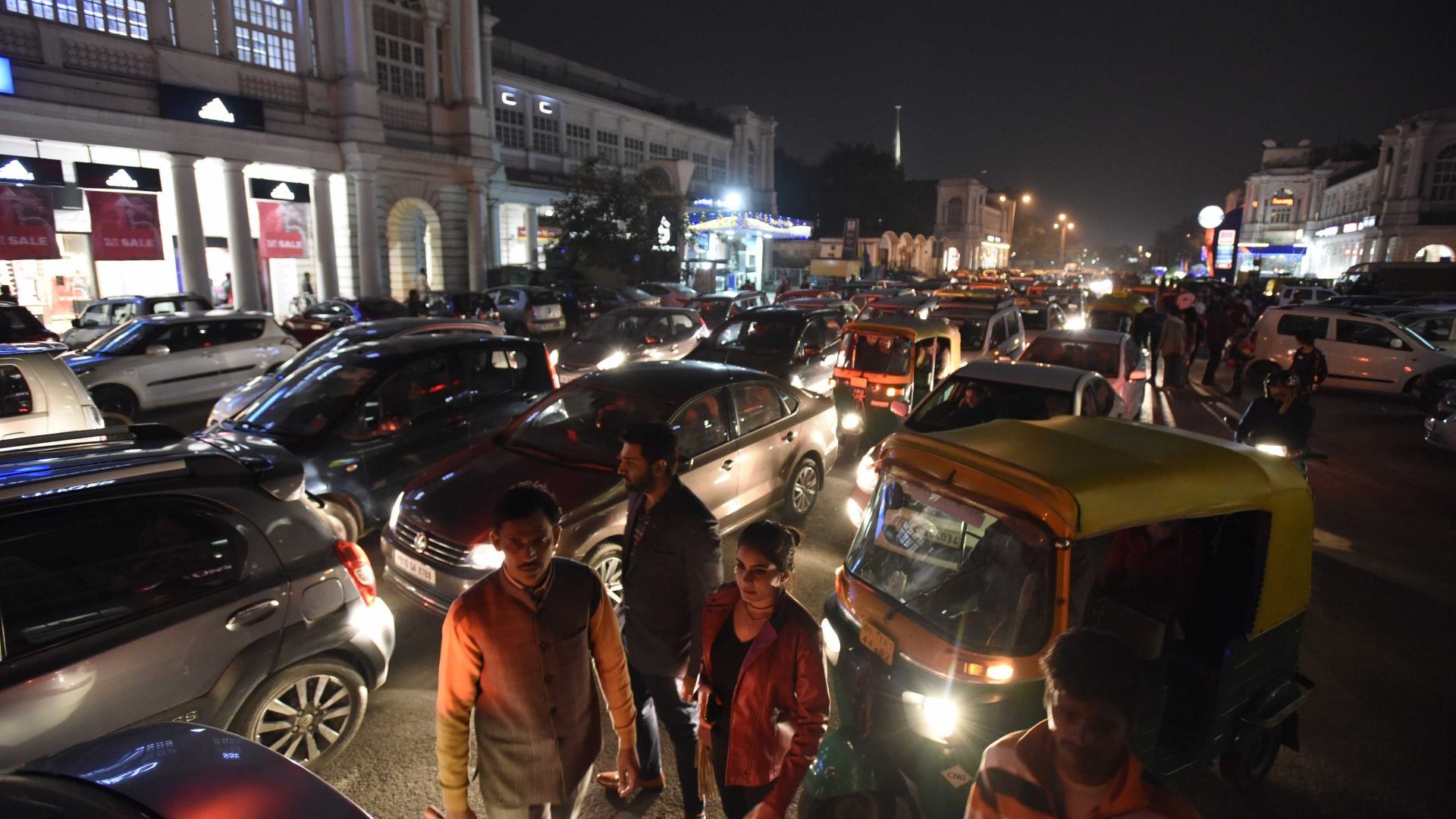

India could ban self-driving cars before they ever hit its roads. In a statement to reporters, Nitin Gadkari, the country’s transport and highways minister said the government will not allow autonomous cars because they pose a threat to jobs, according to the Hindustan Times.
“We won’t allow driverless cars in India. I am very clear on this,” Gadkari said. “We won’t allow any technology that takes away jobs. In a country where you have unemployment, you can’t have a technology that ends up taking people’s jobs,” he added.
Gadkari did note that India is currently short about 22,000 commercial drivers, but said this would be addressed by opening new training facilities. The government hopes to get 5,000 more commercial drivers on the road over the next few years, he said.
Government ban or not, India has already proven to be a tough environment for self-driving cars. Local companies like Tata and Mahindra have begun testing autonomous cars, but India’s chaotic traffic conditions have prevented them from getting very far. The sheer amount of people and vehicles, and the fact that human drivers tend to be very aggressive and disobey traffic rules, overwhelmed a Tata Nano autonomous prototype in its initial tests. After a visit last year, Travis Kalanick, then-CEO of Uber, said India was the last place one would want to develop self-driving cars.
Government officials also have a reason to be concerned about job losses. In a recent report, Intel claimed self-driving cars could be a $7 trillion business by 2050, but acknowledged that automation will lead to job losses. Intel said the relatively low level of education requirements for commercial drivers could make transitioning to other jobs difficult, but said the shift to self-driving cars will occur gradually enough for the labor force to adapt.